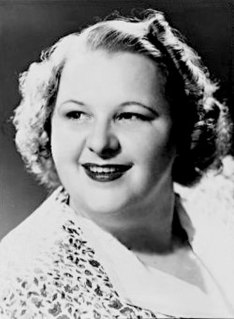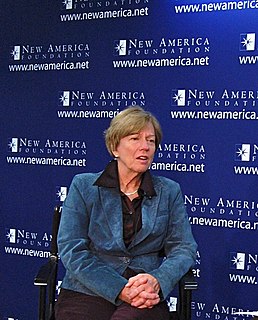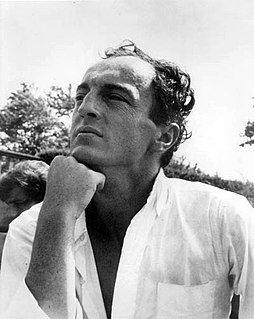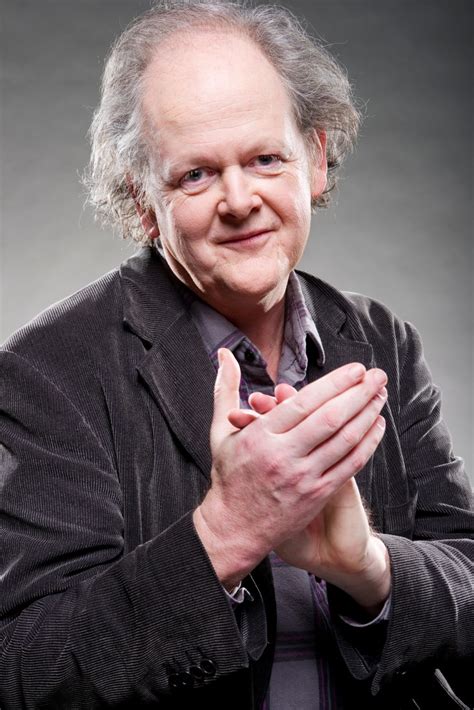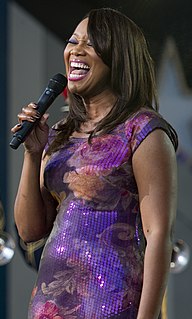A Quote by Kate Smith
Many people submit to excessive appetites without realizing that they do not need to eat so much food.
Related Quotes
Children, not a grain of the food we eat is made purely by our own effort. What comes to us in the form of food is the work of others, the bounty of Nature and God's compassion. Even if we have millions of dollars, we still need food to satisfy our hunger. Can we eat dollars? Therefore, never eat anything without first praying with humility.
We need to realize that these industrial methods of farming have gotten us used to cheap food. The corollary of cheap food is low wages. What we need to do in an era when the price of food is going up is pay better wages. A living wage is an absolutely integral part of a modern food system, because you can't expect people to eat properly and eat in a sustainable way if you pay them nothing. In fact, it's cheap food that subsidized the exploitation of American workers for a very long time, and that's always been an aim of cheap food.
Too many poets act like a middle-aged mother trying to get her kids to eat too much cooked meat, and potatoes with drippings (tears). I don't give a damn whether they eat or not. Forced feeding leads to excessive thinness (effete). Nobody should experience anything they don't need to, if they don't need poetry bully for them. I like the movies too. And after all, only Whitman and Crane and Williams, of the American poets, are better than the movies.
The food we eat masks so much cruelty. The fact that we can sit down and eat a piece of chicken without thinking about the horrendous conditions under which chickens are industrially bred in this country is a sign of the dangers of capitalism, how capitalism has colonized our minds. The fact that we look no further than the commodity itself, the fact that we refuse to understand the relationships that underly the commodities that we use on a daily basis. And so food is like that.
